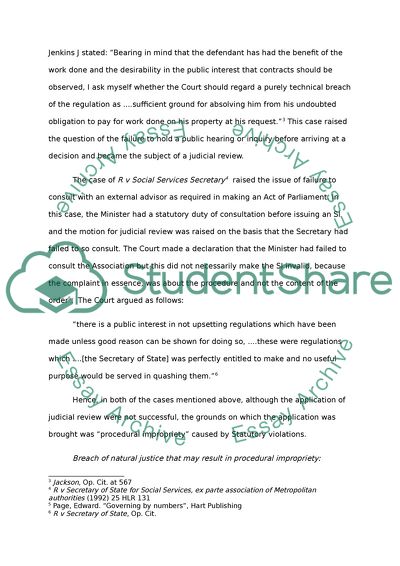Cite this document
(Law Problem Questions Coursework Example | Topics and Well Written Essays - 1750 words - 1, n.d.)
Law Problem Questions Coursework Example | Topics and Well Written Essays - 1750 words - 1. https://studentshare.org/law/1724572-attached-as-it-is-in-form-of-problem-questions
Law Problem Questions Coursework Example | Topics and Well Written Essays - 1750 words - 1. https://studentshare.org/law/1724572-attached-as-it-is-in-form-of-problem-questions
(Law Problem Questions Coursework Example | Topics and Well Written Essays - 1750 Words - 1)
Law Problem Questions Coursework Example | Topics and Well Written Essays - 1750 Words - 1. https://studentshare.org/law/1724572-attached-as-it-is-in-form-of-problem-questions.
Law Problem Questions Coursework Example | Topics and Well Written Essays - 1750 Words - 1. https://studentshare.org/law/1724572-attached-as-it-is-in-form-of-problem-questions.
“Law Problem Questions Coursework Example | Topics and Well Written Essays - 1750 Words - 1”. https://studentshare.org/law/1724572-attached-as-it-is-in-form-of-problem-questions.


